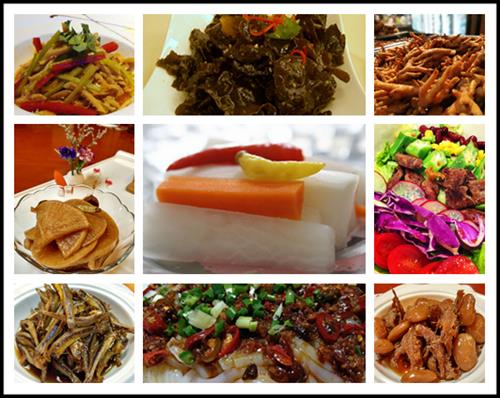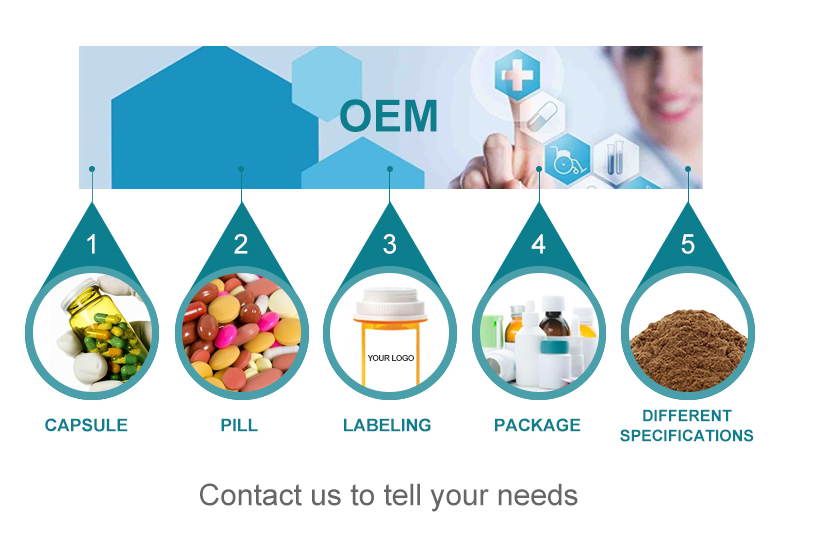What can I eat for winter? Eat kelp is not afraid of cold
People are afraid of cold and the body's intake of certain minerals is less related. Such as calcium content in the human body, can directly affect the myocardium, blood vessels and muscle flexibility and excitability; iron deficiency in the blood is an important cause of iron deficiency anemia, often showing low calorie production, low body temperature and so on.
Therefore, supplementing foods rich in calcium and iron can improve the body's ability to keep out the cold. Scientists have discovered that kelp is a treasure house where humans take calcium and iron. Per 100 grams of kelp, containing up to 1177 mg of calcium, iron up to 150 mg, so the winter kelp has an important role in the health of children, women and the elderly.
Seaweed salty, cold, liver, stomach, kidney three classics, can eliminate the soft Ruanjian, heat leak water, cough and asthma, rouge blood pressure, Sanjie anti-cancer.
Kelp is rich in iodine. Iodine can promote the secretion of thyroid hormone and produce heat. One of the substances in the body's thyroid gland is called thyroxine, which can accelerate the oxidation of many tissues in the body, increase the body's ability to produce heat, increase the basal metabolic rate, accelerate the skin's blood circulation, and resist cold and cold. The micronutrients needed by adults in general are about 150 micrograms of iodine, while 100 grams of kelp contain 240 milligrams of iodine.

Edible kelp taboo
1. Suitable for iodine deficiency, goiter, hypertension, hyperlipidemia, coronary heart disease, diabetes, arteriosclerosis, osteoporosis, malnutrition anemia, and hair thinning can eat more.
2. Deficiency of energy, lack of iodine population, lack of blood and cirrhosis, ascites and neurasthenia are particularly suitable for consumption
3. People with spleen-and-deficiency deficiency should take care of food, those with spleen-stomach deficiency, and those with hyperthyroidism in hyperthyroidism should not eat.
4, patients with hyperthyroidism do not eat kelp, because of the rich content of iodine in kelp, will increase the condition.
5. Pregnant women and nursing mothers should not eat too much kelp. Because iodine in kelp can enter the fetus and infants with the blood circulation, it causes thyroid dysfunction.
Conjugated linoleic acid (CLA) is one of the essential fatty acids for human and animals, but it is unable to synthesize a substance with significant pharmacological effect and nutritional value, which is of great benefit to human health. A large number of literatures have proved that conjugated linoleic acid has the physiological functions of anti-tumor, anti-oxidation, anti mutation, antibacterial, reducing human cholesterol, anti atherosclerosis, improving immunity, improving bone density, preventing diabetes and promoting growth. In recent years, some clinical studies have proved that conjugated linoleic acid can increase physical consumption after entering the body, so it can effectively reduce body fat deposition in weight control.

Product Name: Conjugated Linoleic Acid(CLA)
Appearance: White Crystalline Powder
Purity: 80%
Test Method: HPLC UV
Storage: Cool Dry Place
CAS: 121250-47-3
MF: C18H32O2
MW: 280.44
 1.Increases metabolic rate
1.Increases metabolic rate
2.Decreases abdominal fat
3.Enhances muscle growth
4.Lowers cholesterol and triglycerides
5.Lowers insulin resistance
6.Reduces food-induced allergic reactions
7.Enhances immune system

1. Food and Beverage ingredients.
2. Healthy Products.
3. Nutrition Supplements.
Why choose us?

Product Recommended
Conjugated Linoleic Acid,Lysine Powder,Folic Acid,Vitamin D3
Xi'an Tian Guangyuan Biotech Co., Ltd. , https://www.tgybiotech.com